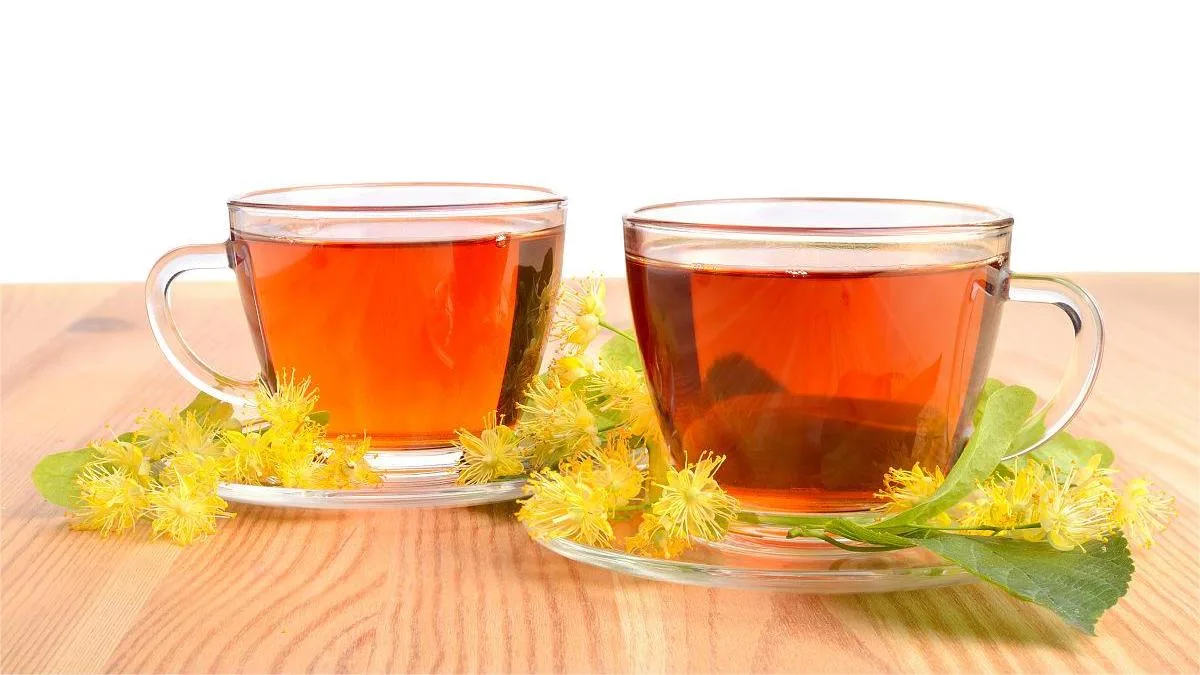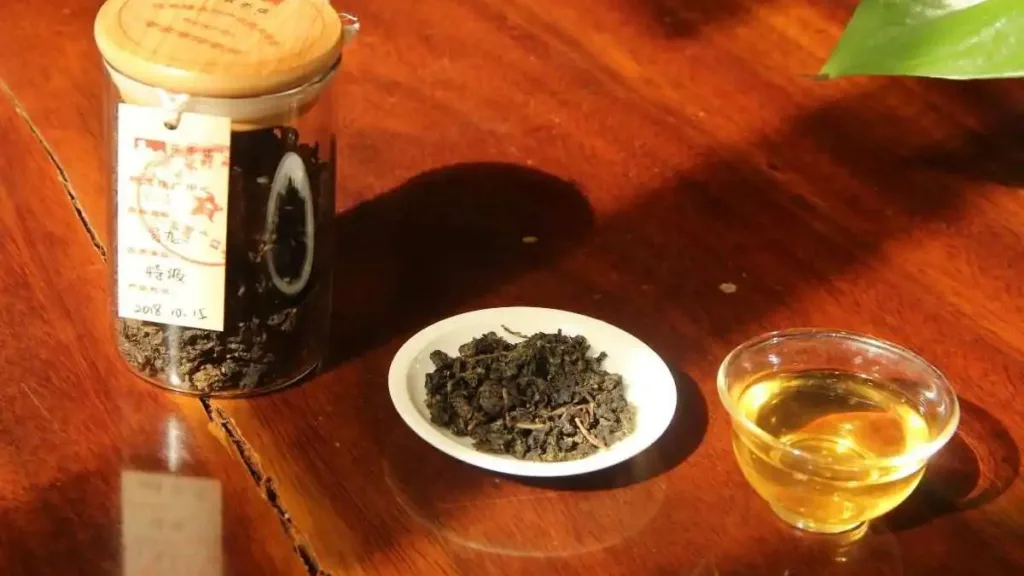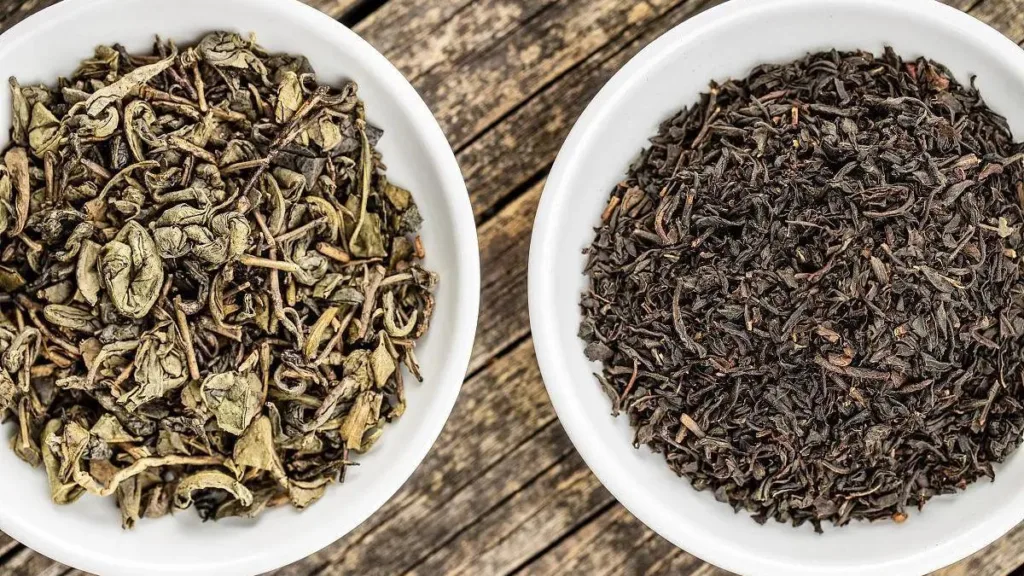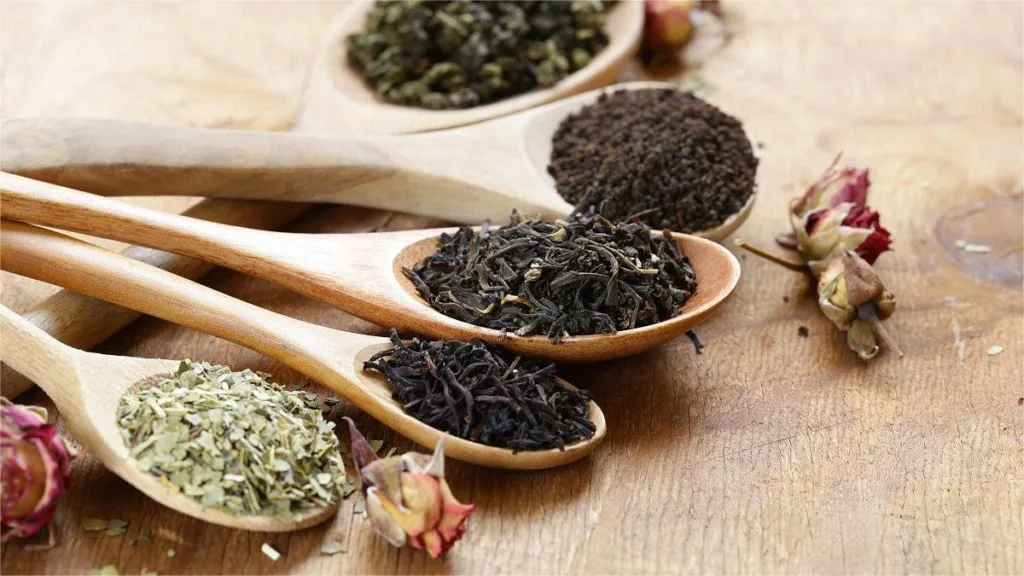Chinese tea culture has a rich and extensive history dating back over 4,000 years. Tea is an integral part of Chinese daily life and holds significant cultural, social, and even medicinal importance. While the amount of tea consumed by an individual varies, the overall tea consumption in China is staggering.
On average, a Chinese person drinks about 2 to 3 cups of tea per day. However, this number can fluctuate significantly based on factors like region, age, and personal preference. In rural areas, people might consume more tea, especially as a traditional beverage accompanying meals. In contrast, urban dwellers may consume less, with coffee and other beverages gaining popularity alongside traditional teas.
Green tea, such as Longjing and Dragon Well, is one of the most favored types of tea in China. It is often sipped throughout the day and served to guests as a symbol of hospitality. Oolong teas, black teas, and herbal infusions are also widely consumed, each with its unique characteristics and health benefits. In regions like Yunnan and Sichuan, where tea cultivation is prolific, locals tend to drink more tea than in other parts of the country.
The Chinese have a saying, “Drink tea to forget the noise of the world.” This reflects the role of tea in providing a sense of calm and tranquility. Many people in China enjoy a cup of tea as a respite from their busy lives, taking short tea breaks to refresh their minds and re-energize. This practice also extends to the workplace, where tea is offered to employees and business associates during meetings.
Tea is not just a beverage in China; it’s a ritual and a way of life. Traditional tea ceremonies, like the Gongfu Cha, are still practiced and cherished. These ceremonies involve precise brewing methods, specific teaware, and a focus on the aesthetics and experience of tea. They showcase the deep cultural connection the Chinese people have with this beverage.
Beyond its cultural significance, tea is also valued for its potential health benefits. Many Chinese believe that drinking tea regularly can aid digestion, boost the immune system, and help with weight management. As a result, people of all ages incorporate tea into their daily routines.
In conclusion, the amount of tea Chinese people drink daily averages around 2 to 3 cups, but it can vary widely based on individual preferences and regional customs. The practice of drinking tea in China extends far beyond simple consumption; it is a symbol of hospitality, a source of relaxation, and a representation of the country’s deep cultural roots. With the wide variety of teas available, and a history spanning thousands of years, tea remains an integral part of daily life for the people of China.



